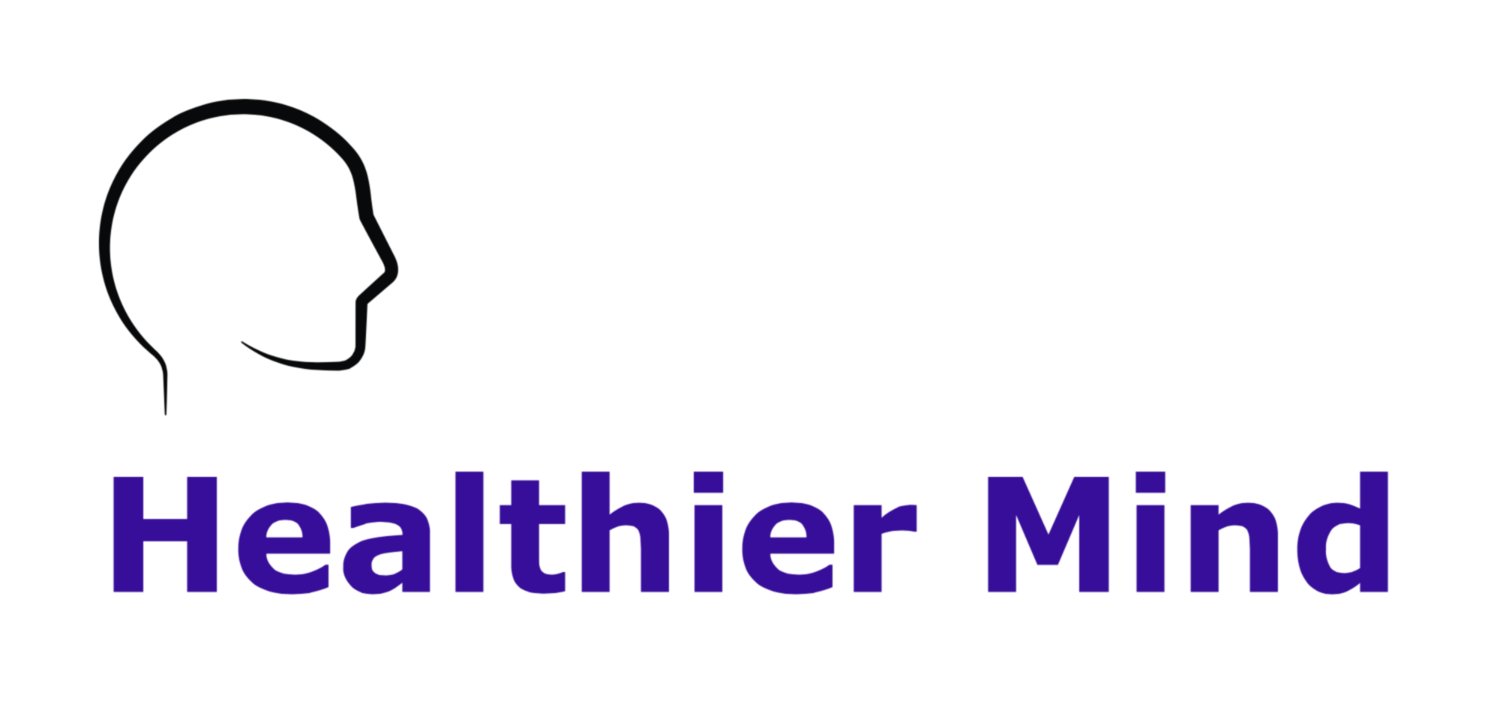My media activities:
I would like you to be aware that a part of my working life outside my therapeutic work with clients is in the public domain as I maintain a social media presence.
Online resources such as Twitter enable me to reach a number of people to whom I can communicate psychological concepts and applications that can hopefully be useful in their lives. I hold my duty of care and confidentiality to my psychotherapy clients as sacrosanct and consider my online work to be related to, but completely separate from my clinical work.
My duty of care to my clients and my professional commitment to confidentiality means that I would not refer to clinical material in my media activities. As my client you will have received a contract covering my commitment to your confidentiality.
Keeping Boundaries:
The nature of an online presence can blur interpersonal boundaries, so it is important to be as clear as possible about how boundaries may be challenged in an online environment. As a general rule, I like to keep clinical work in the consultation room as much as possible. However, the nature of the digital world can sometimes stretch these boundaries, so I offer the best clarity I can below.
Email:
I am not currently using an e-mail encryption programme, so any emails we send to each other may be vulnerable to viruses or human error. For this reason, it is best to be thoughtful about what you include in emails to me, and which email address you choose to use with me. Often, it is best to rely on email for non-confidential communications like setting up appointment times and things like that. In an effort to keep confidential and psychological material “in the room” it is best avoided in emails unless we discuss it beforehand. I will always request your preferred email address from our first session.
If you choose to communicate with me by email, be aware that all emails are retained in the logs of Internet Service Providers. Furthermore, they can be vulnerable to viruses and unintended forwarding or replication. If you are concerned about the confidentiality of your emails, you may wish to contact me by telephone instead.
E-invoicing: When you pay by card you will automatically receive an invoice that are then sent out to your chosen e-mail address. If you would prefer not to receive these invoices by email, please let me know and I can bring you a printed copy at the beginning of each session (if our work is face to face).
Text messages:
You may feel free to contact me by text message to alert me if you are running late for a session or for similar reasons. However, because of the lack of context of text messages, it is generally not the best method for communicating with me about more important matters, so please do phone and leave me a message.
Telephone and online video conferencing:
Any such sessions will be discussed in advance. I make every effort to choose video conferencing software that is recognised to be adequately encrypted – so this may involve you downloading certain software or logging into a web-based application. When engaging via video conferencing, we both agree not to use any recording devices. I mostly use ZOOM and Skype so please familiarise yourself with their privacy policy.
Twitter, Professional Facebook, Professional Instagram Page and LinkedIn.
I maintain a Twitter profile, Instagram, a Page on Facebook and a LinkedIn account as a way of promoting psychological ideas through the media, to make people aware of workshops, conferences, or other events that I may be taking part in, or that might be of interest to followers. I also use these platforms as a way of advertising my services. I frequently send across relevant links and sometimes engage in public conversations on these topics.
Despite my online presence, I would prefer that our relationship remain as much as possible between us in the consultation room, therefore I will not knowingly follow any current or former clients on Twitter, Facebook and Instagram. Whether you follow me or not is of course to your discretion, though I would suggest for reasons of confidentiality and preserving our therapeutic relationship that you do not comment on our work.
I would accept requests to connect on LinkedIn and again I would encourage you not to comment on our work.
Personal Facebook and Instagram.
I, like many others, maintain a private Facebook/Instagram accounts for personal reasons. I aim to keep my personal Faceboook/Instagram as private as possible and it would not be appropriate to be Facebook “friends” with former or current clients. I acknowledge that there can be some overlap across social networks, and that this sometimes comes to light on Facebook. If this were the case, it would be something we would need to discuss in session.
Google:
It is likely that you will have Googled me before you contacted me. While I acknowledge that Googling others is now a generally accepted aspect of daily life, I wish to avoid encountering information about my clients that does not come directly from them. In general practice I do not Google my clients before I meet them. It is of course your right to Google me. However, if in your search some questions are raised, I would request that you raise them with me at the first opportunity.
The world is changing fast:
I will continue to update my digital policy as I learn more, and would appreciate your honesty and input along the way. Should you have any questions or suggestions, please do let me know.
I am grateful to Dr. Aaron Balick who assisted me with this policy.
